Iran – More To Explore Part 3
Iran More To Explore Part 3
More to explore Iran part 3 is the last part of this series and it come in the following of more to explore part 1 & 2 we listed 7 more locations of Iran’s tourists attraction.
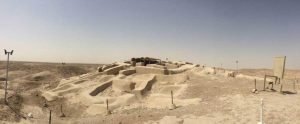 Shahr-e Sukhteh – Sistan and Baluchestan Province
Shahr-e Sukhteh – Sistan and Baluchestan Province
Shahr-e Sukhteh is an archaeological site of a sizable Bronze Age urban settlement, associated with the Jiroft culture. Covering an area of 151 hectares, Shahr-e Sukhteh was one of the world’s largest cities at the dawn of the urban era. The city had four stages of civilization and was burnt down three times before being abandoned in 1800 BCE. It was inscribed on the UNESCO World Heritage list in 2014.
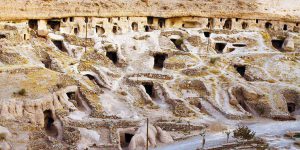 Cultural Landscape of Maymand – Kerman
Cultural Landscape of Maymand – Kerman
Maymand is a self-contained, semi-arid area at the end of a valley at the southern extremity of Iran’s central mountains near Shahr-e Babak city in Kerman Province. The villagers are semi-nomadic agro-pastoralists. Meymand is believed to be a primary human residence in the Iranian Plateau, dating back to 12,000 years ago. Many of the residents live in the 350 hand-dug houses amid the rocks, some of which have been inhabited for as long as 3,000 years. Meymand is a UNESCO World Heritage site since 2015.
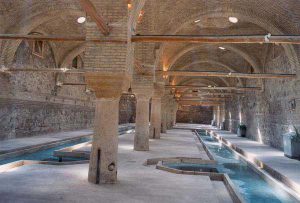 Rakhtshooy Khaneh Edifice – Zanjan
Rakhtshooy Khaneh Edifice – Zanjan
Historical Edifice of Rakhtshooy Khaneh, which means wash-house, lies at the historical texture of the Zanjan city and was built in nearly 20th century. This place was used for washing clothes by women around the city. It was constructed by two brothers named Mashad Akbar and Mashadi Esmail. This historic building is currently being used as Zanjan anthropological museum.
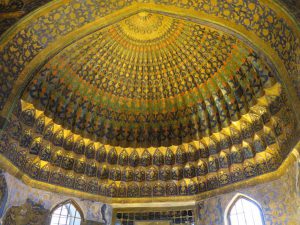 Sheikh Safi al-din Khanegah
Sheikh Safi al-din Khanegah
Sheikh Safi al-Din Shrine is the tomb of the first king of Safavid dynasty and generally, it was a really important political and religious center in that era. In 2010 it was inscribed as a world heritage site by UNESCO. This complex consists of different parts such as a mosque, a beautiful porcelain house (a place for keeping gold, silver and porcelain dishes), a school and a few more.
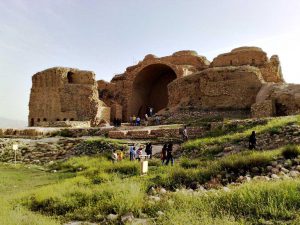 Firuzabad
Firuzabad
Firuzabad is located in south of Shiraz. The town is surrounded by a mud wall and ditch. The ensemble at Firuzabad comprises of archaeological sites. Such as the City of Gur, the Palace of Ardashir (Atashkadeh), Qal’eh Dokhtar fortress, bas reliefs from the time of Ardashir (the founder of the Sassanian dynasty), the Pahlavi inscription of Mehr-Nerse, and Tangab Bridge. This ensemble embodies the political, historic, cultural and artistic developments of the early Sassanian period.
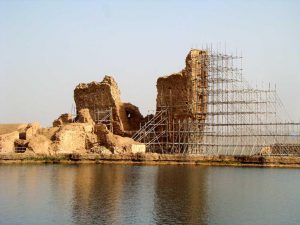 Takht-e-Soleiman West Azarbaijan
Takht-e-Soleiman West Azarbaijan
The archaeological ensemble called Takht-e Soleyman (Throne of Solomon) is situated on a remote plain surrounded by mountains in northwestern Iran, West Azerbaijan province. The site has strong symbolic and spiritual significance related to fire and water and is located on a volcano crater rim. In 2003, it was inscribed on the list of World Heritage Sites of Iran by UNESCO.
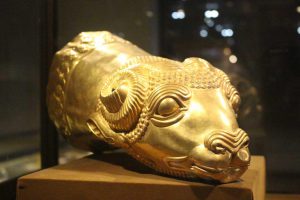 Abbasi Museum – Tehran
Abbasi Museum – Tehran
Named after one of the great artists of the Safavid period, this museum showcases Iranian art from ancient times and the Safavid-era paintings of Abbasi himself. The collections of this museum belong to a period from the 2nd millennium BC to the early 20th century. The displays are set chronologically. There are many objects exhibited in this museum such as artifacts made of baked clay, metal and stone from the pre-historic times to pottery and metal objects. Textile and lacquer painting, and manuscripts and jewelry belonging to the Islamic period.
Iran More To Explore Part 3 – Gallery
Vipemo Products
-
Firooze Koobi, Firooze Koobi, Jug
Sake Jug – Turquoise Inlaying – Size 2
Original price was: 1.524,00 €.1.200,00 €Current price is: 1.200,00 €. -
Candy Dish, Firooze Koobi, Nut Bowl Dish, Sugar/Candy Pot
Candy/Nuts Bowl Dish – Size 7
Original price was: 1.500,00 €.1.300,00 €Current price is: 1.300,00 €. -
-
-
-


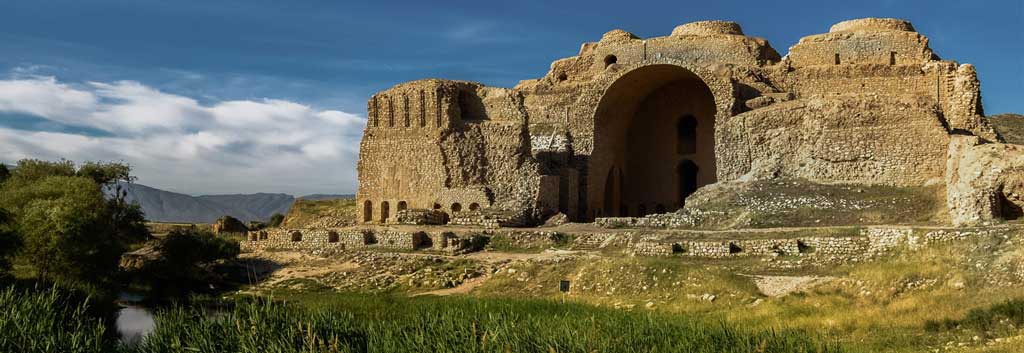
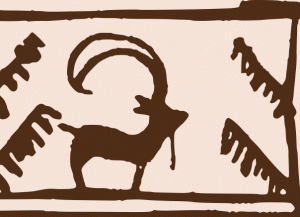
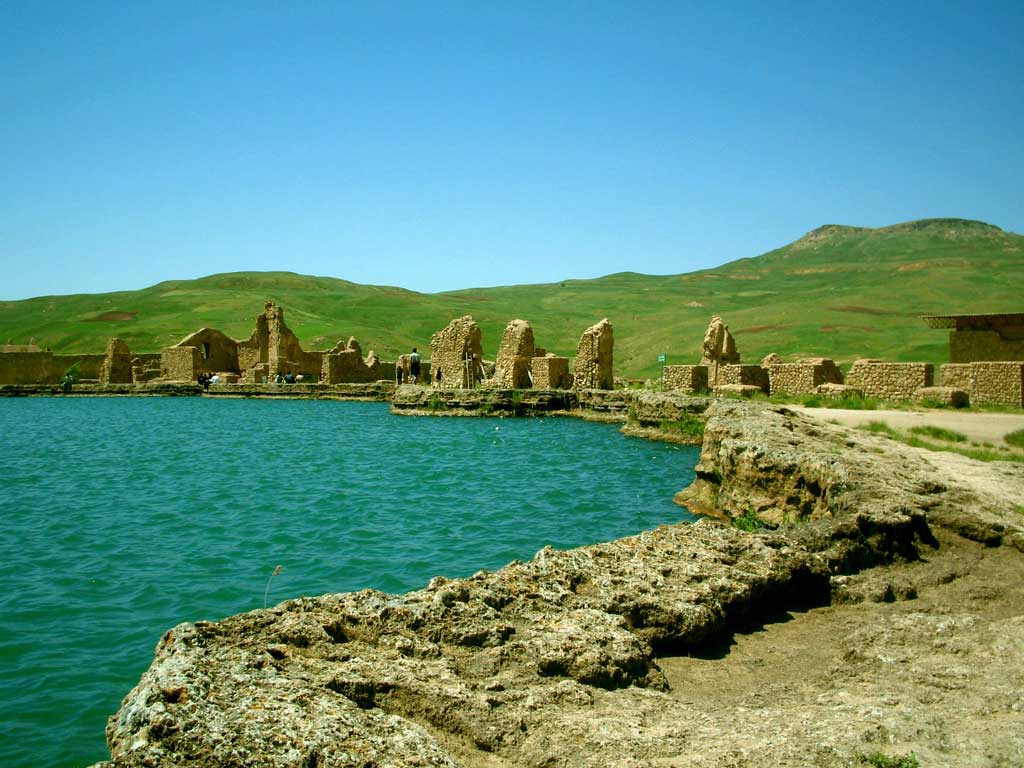
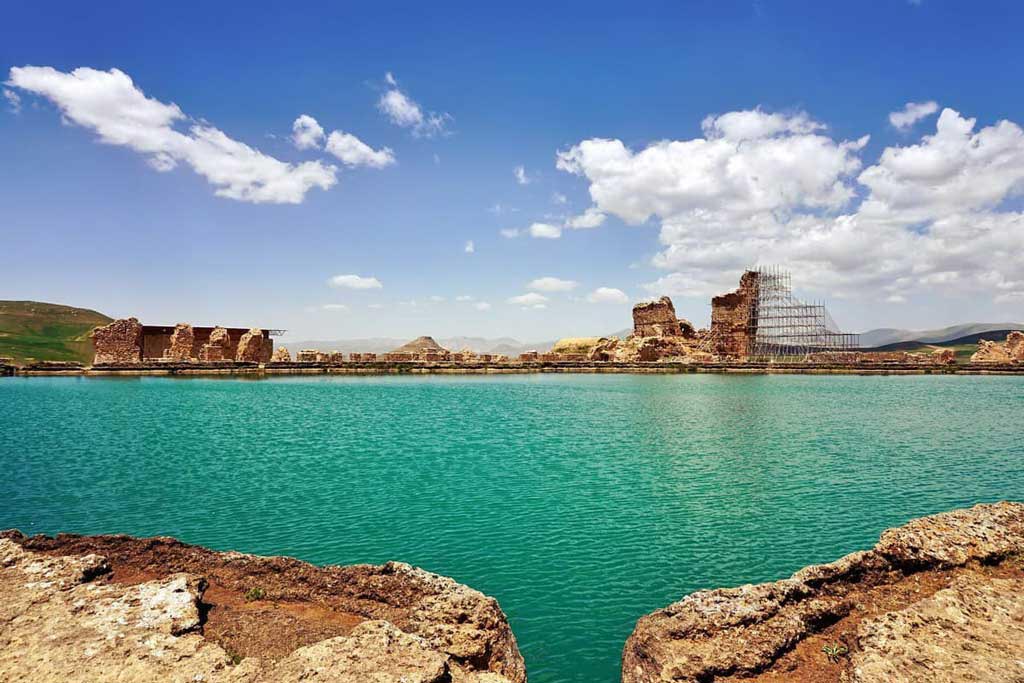
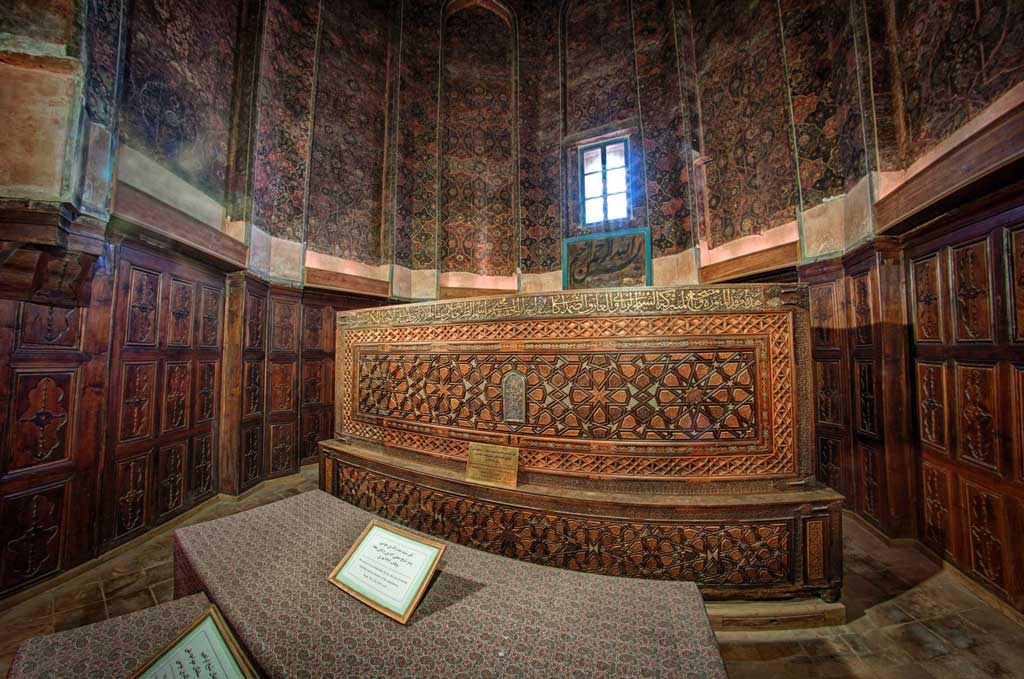
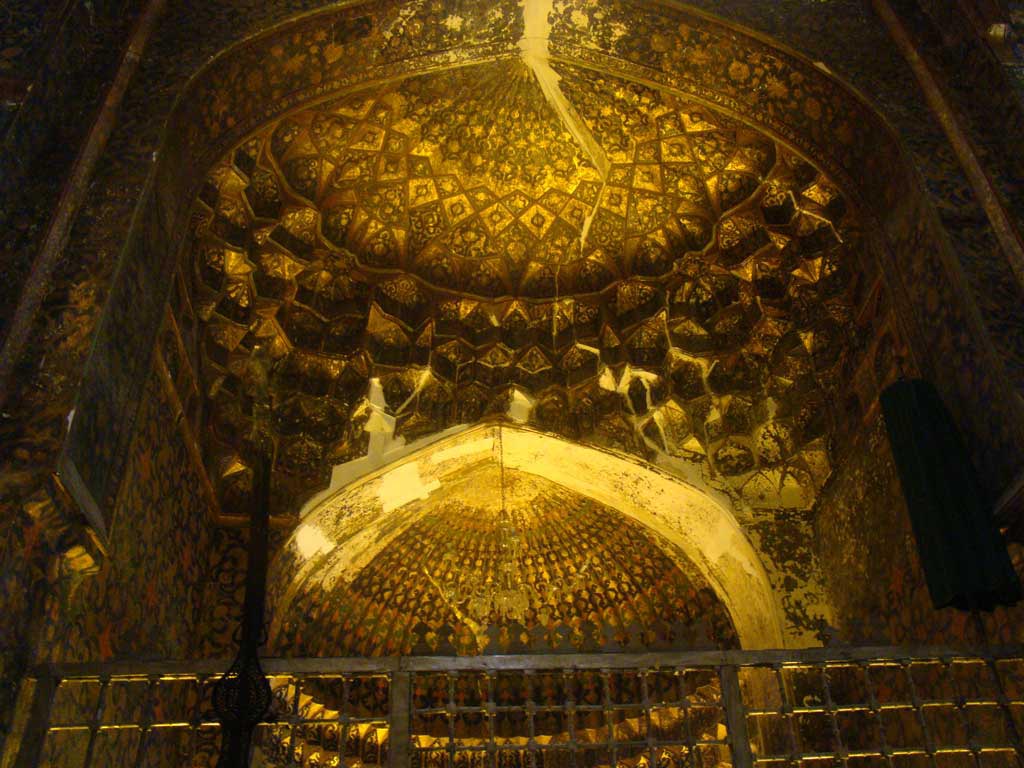
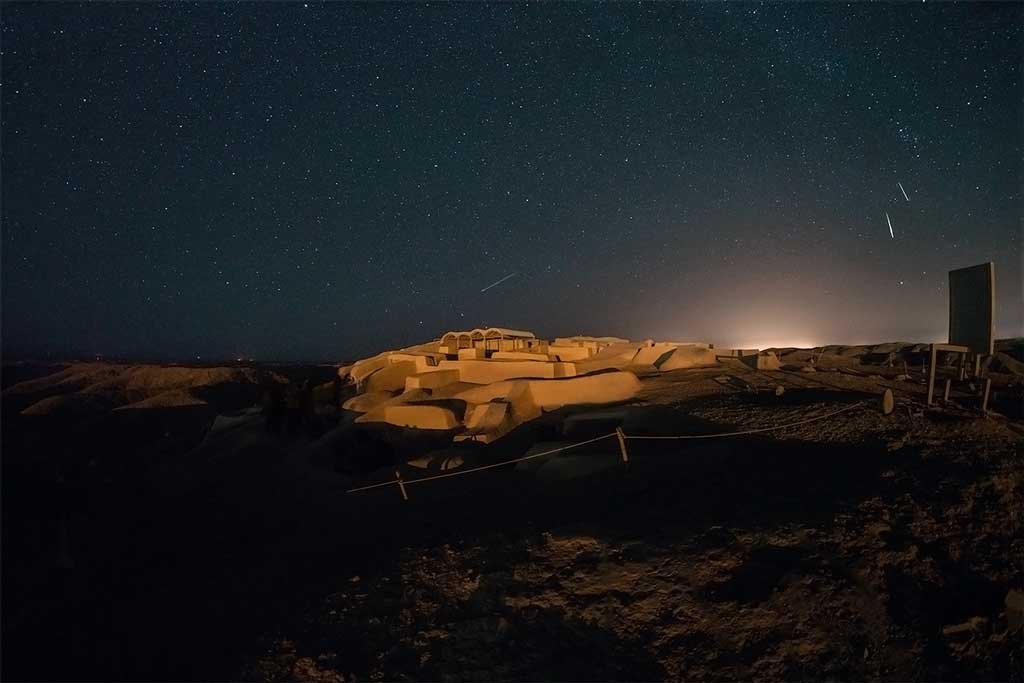
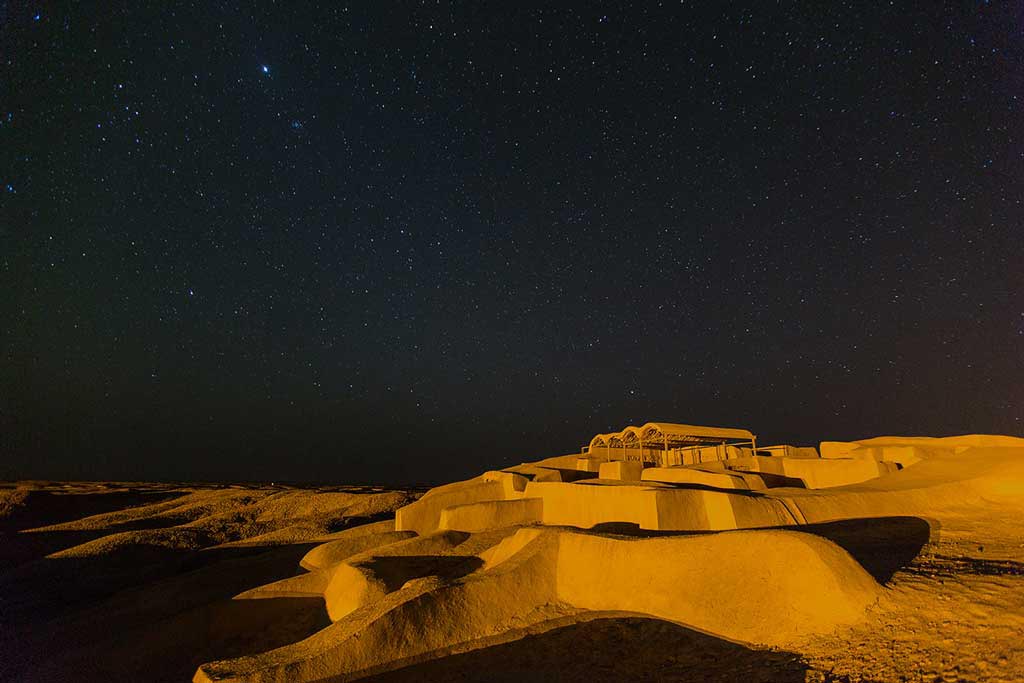
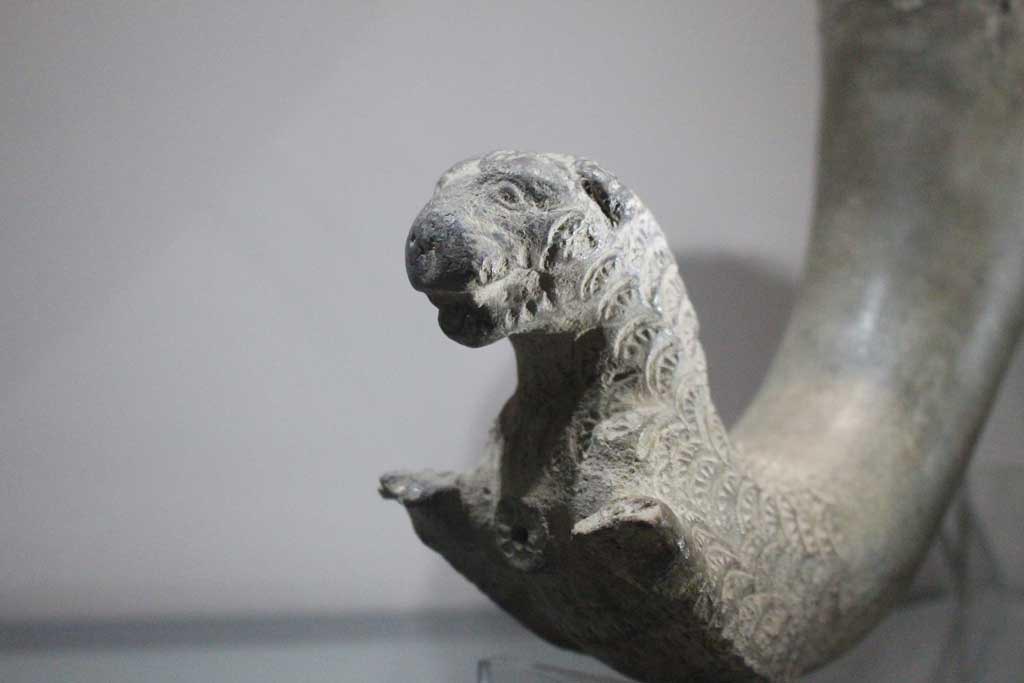
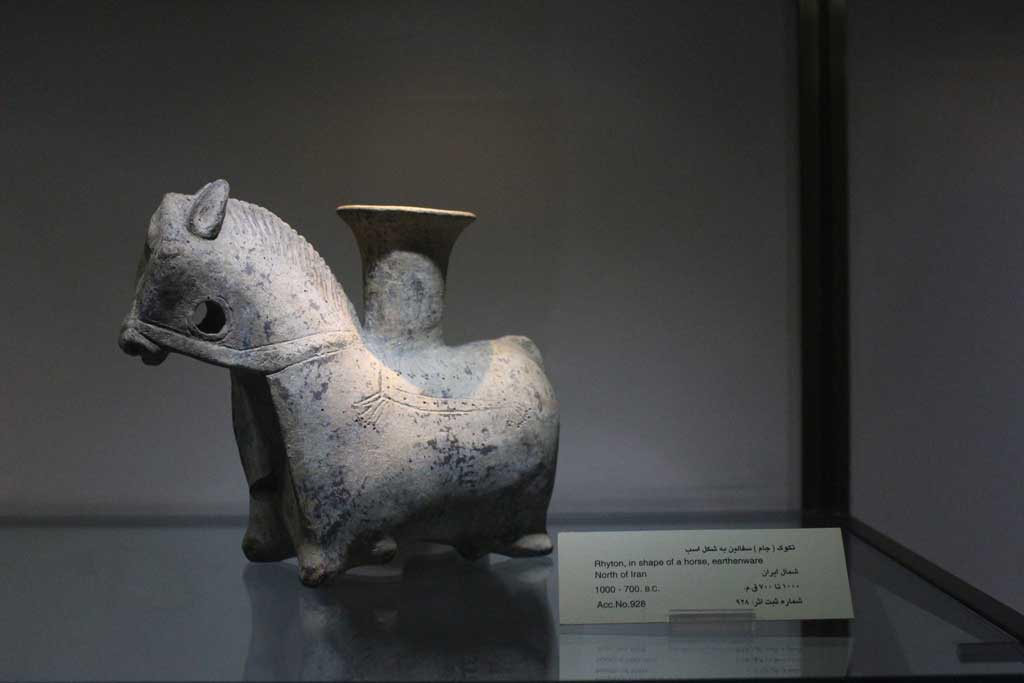
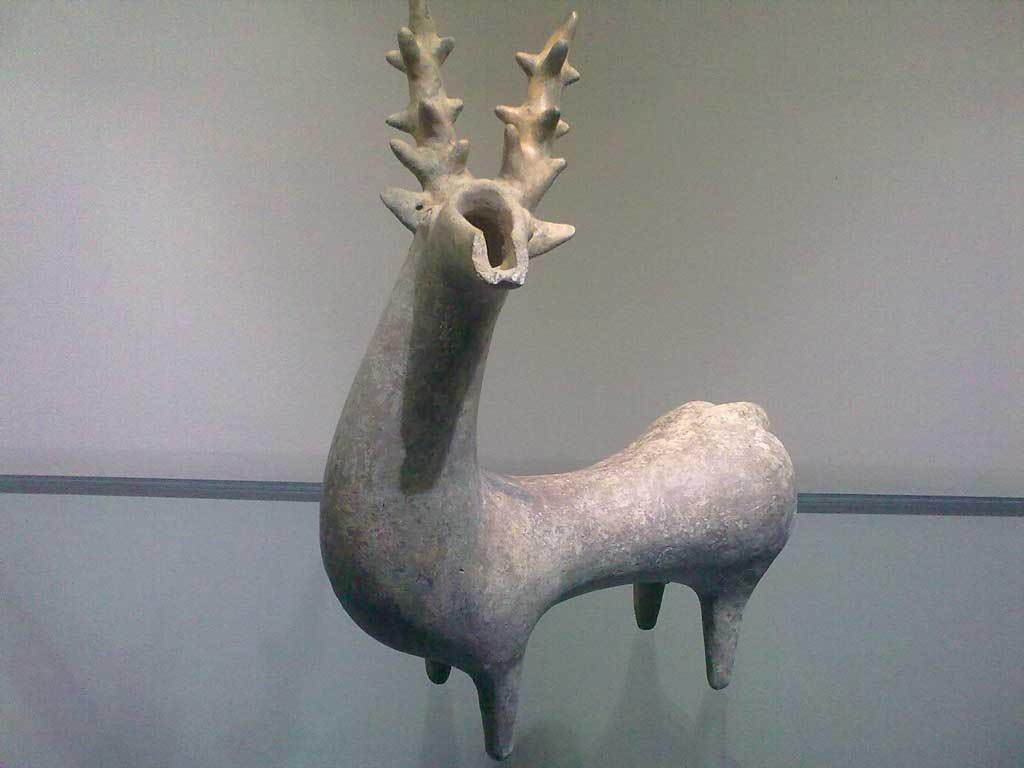
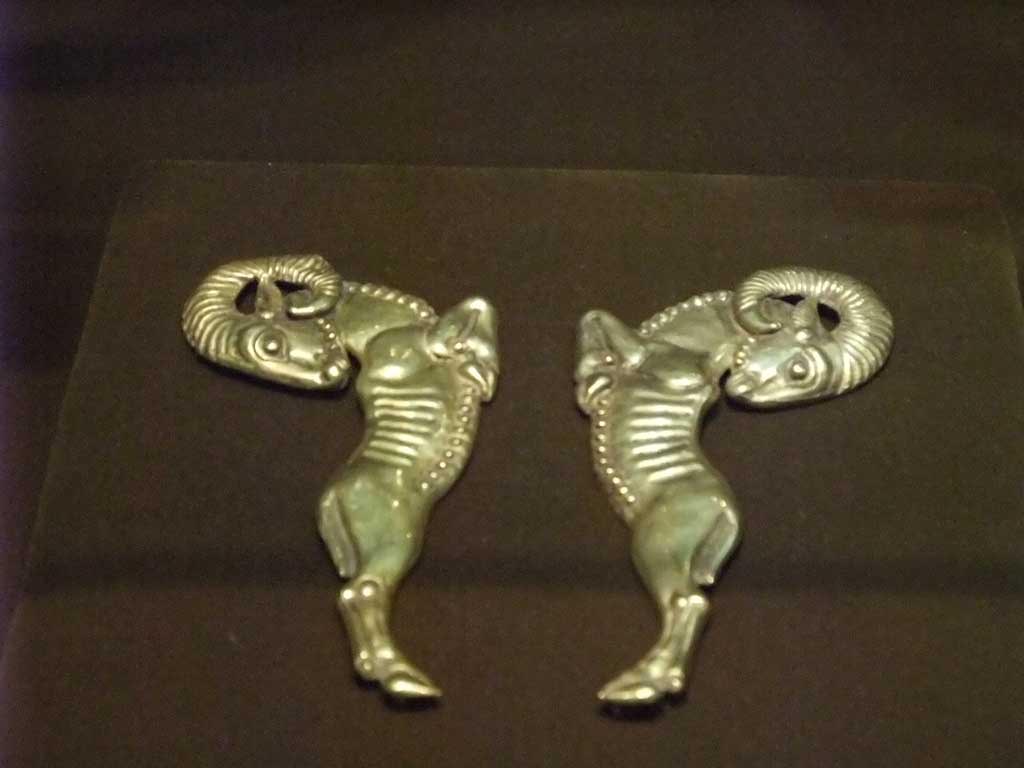
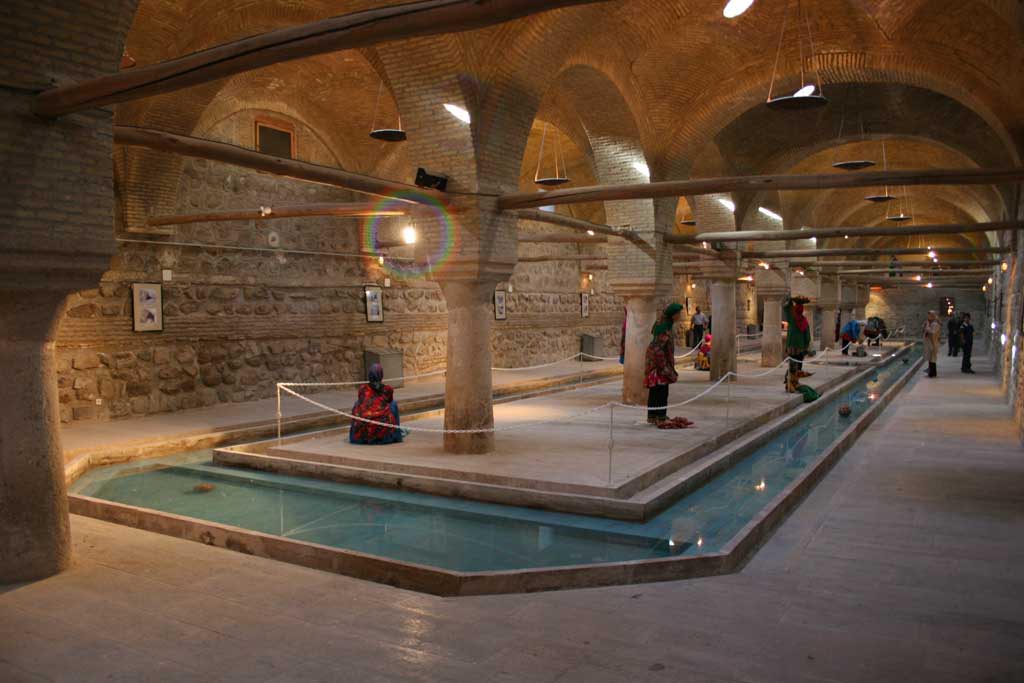
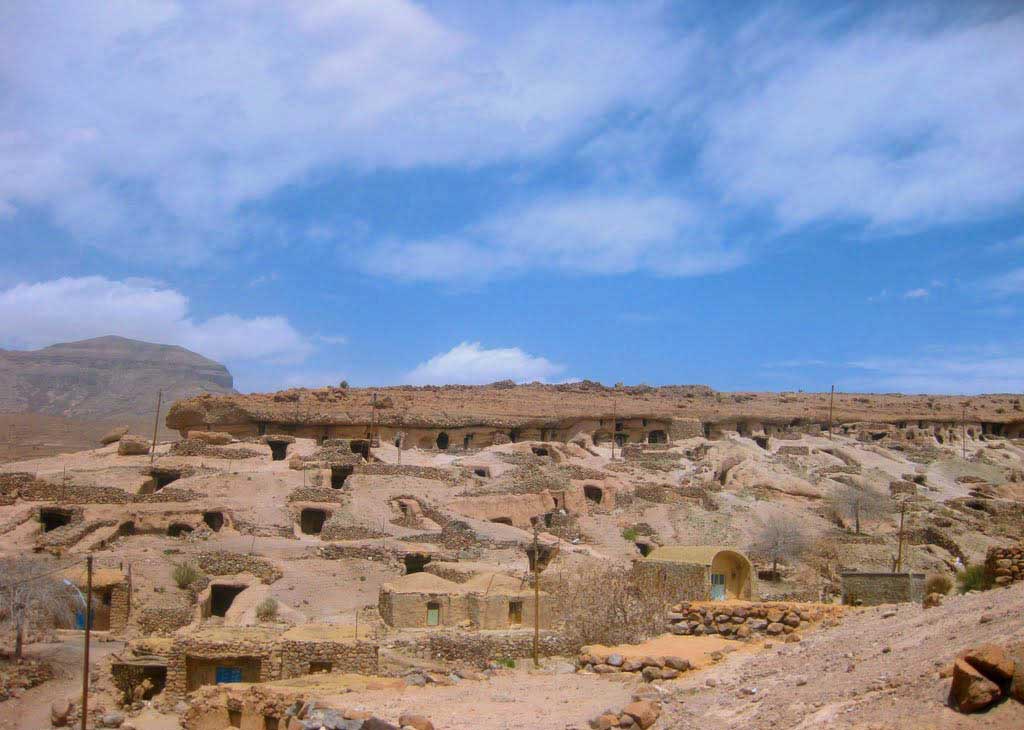
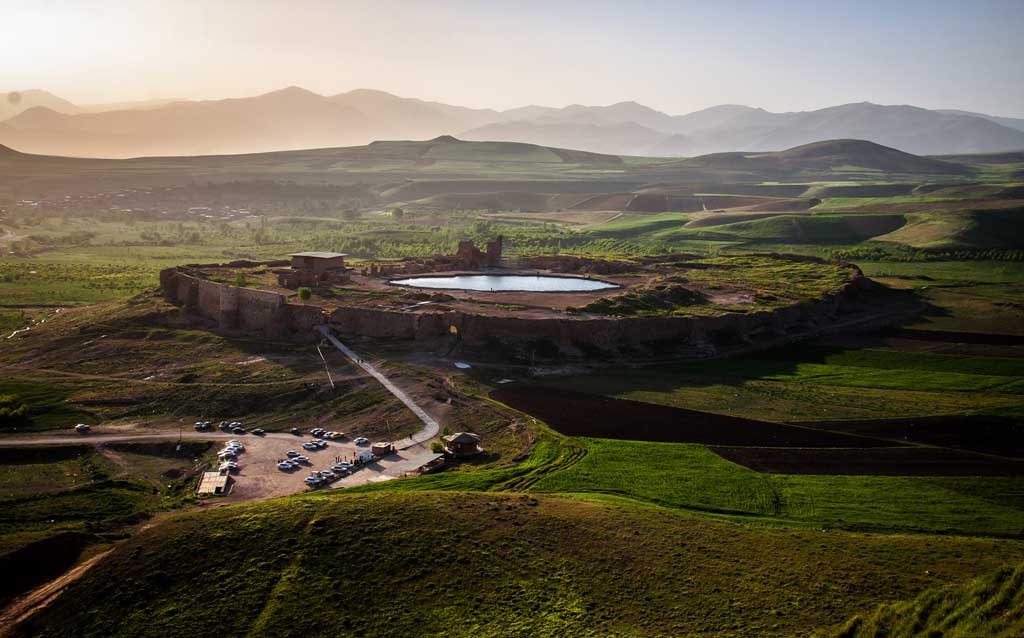
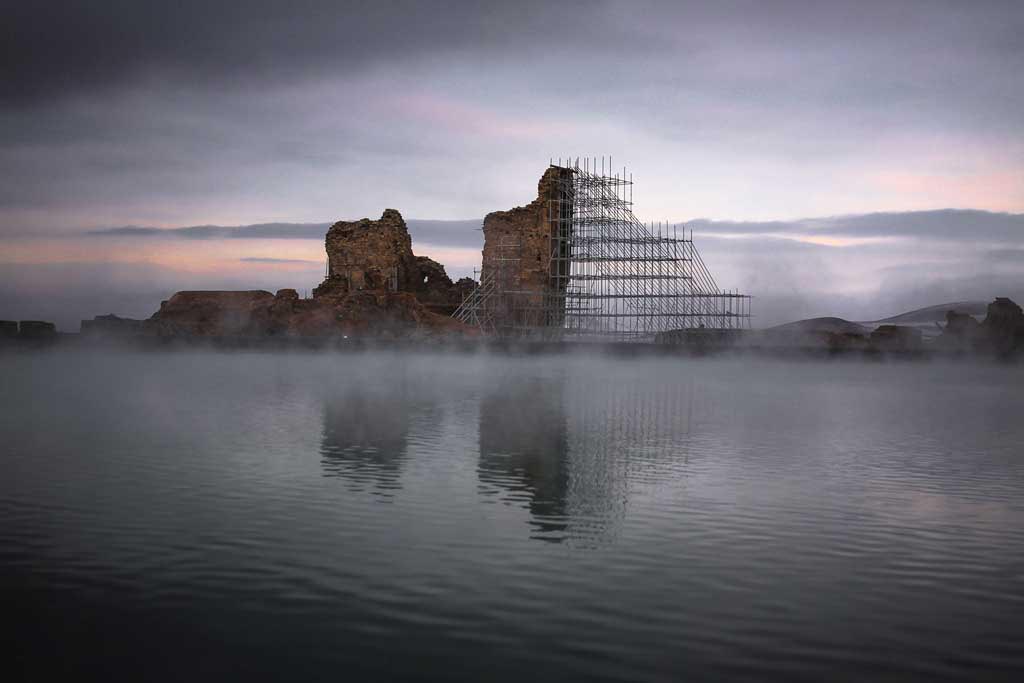
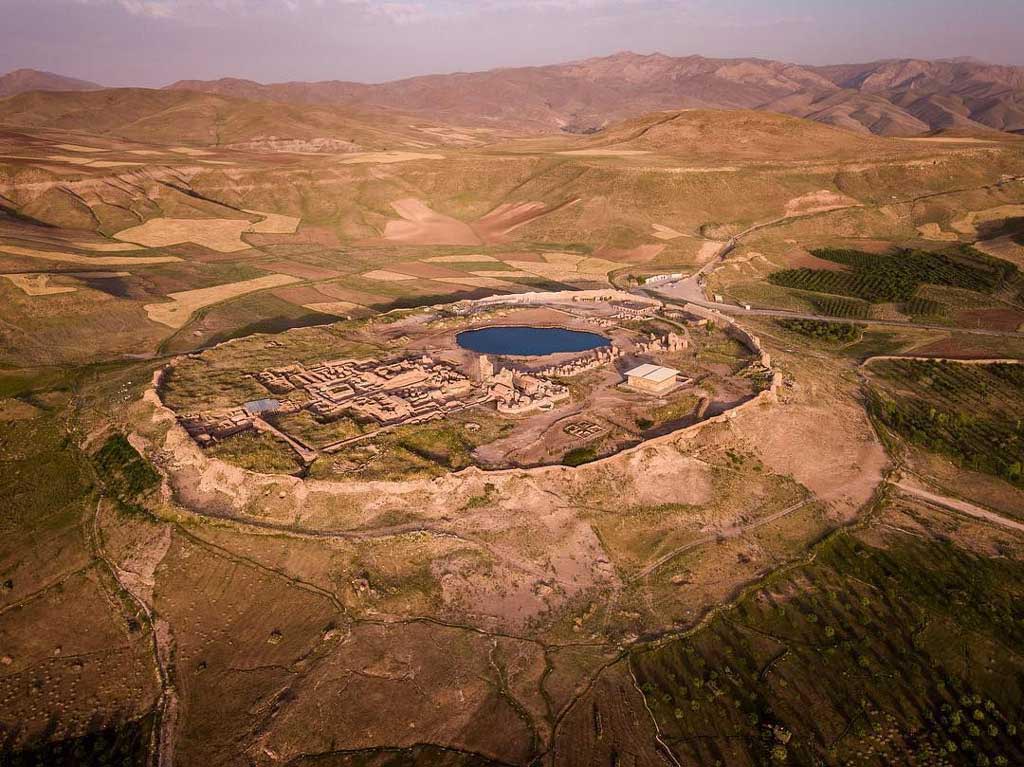
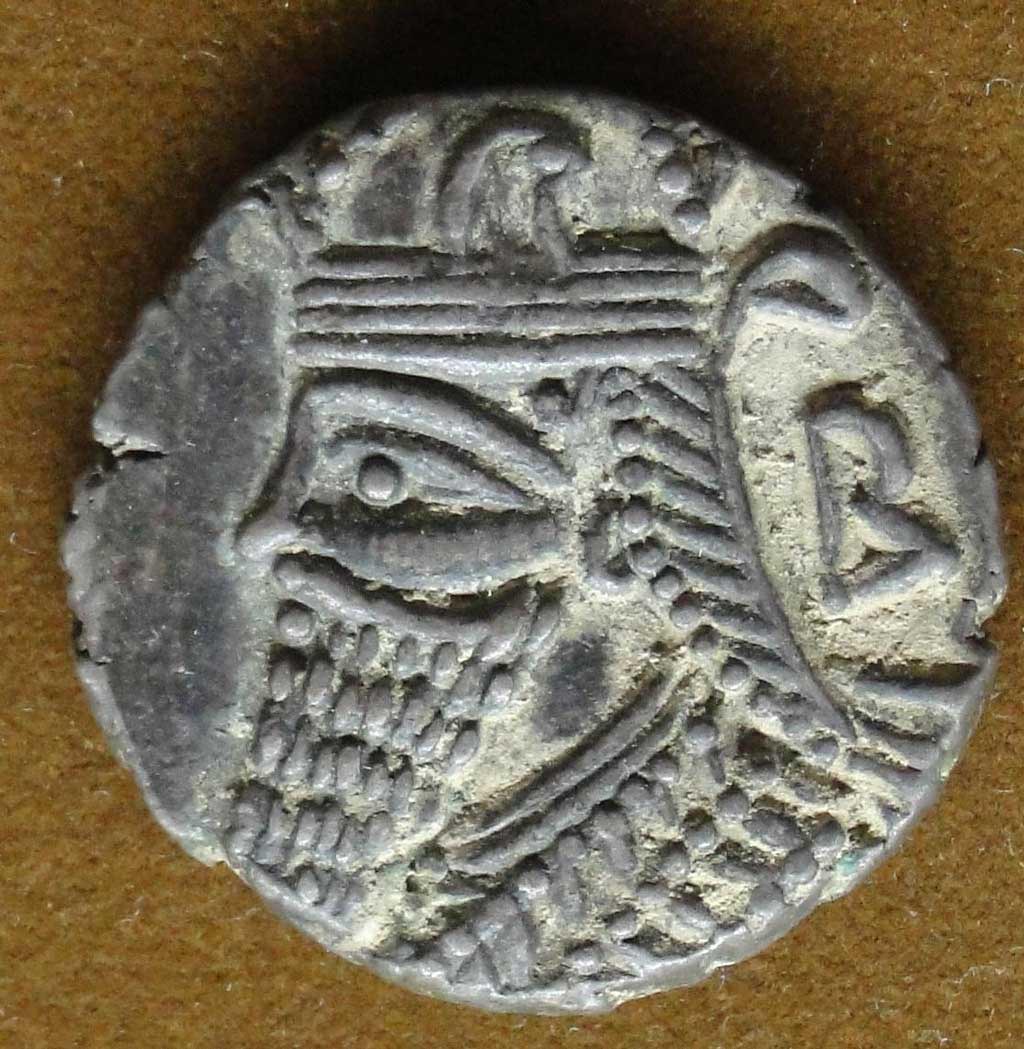
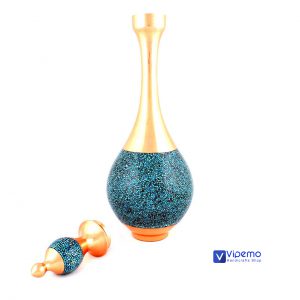
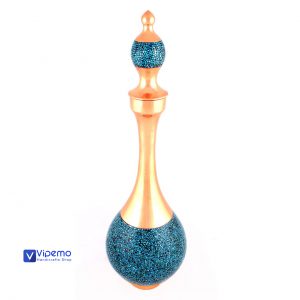
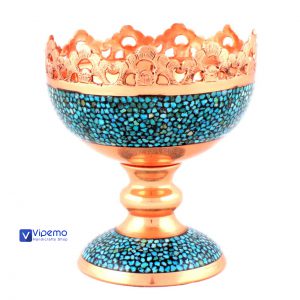
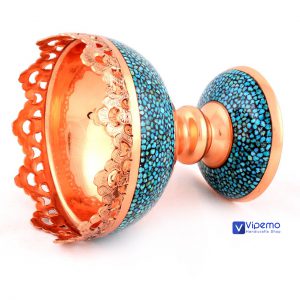
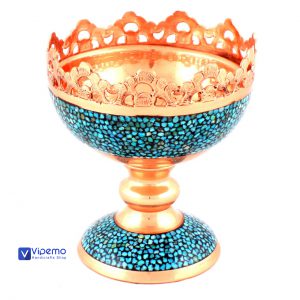
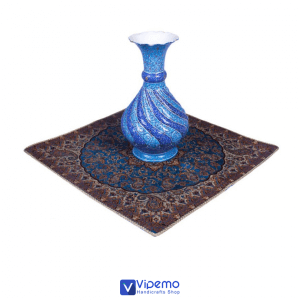
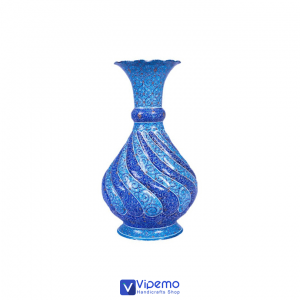
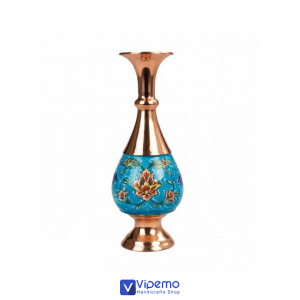
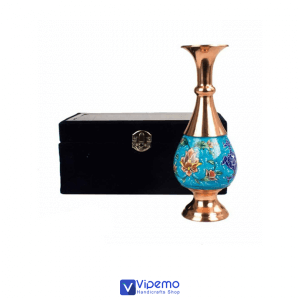






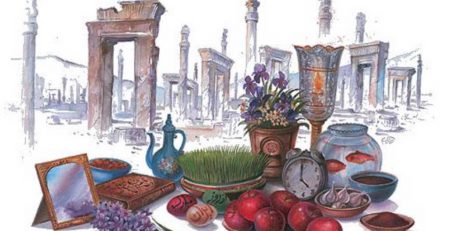
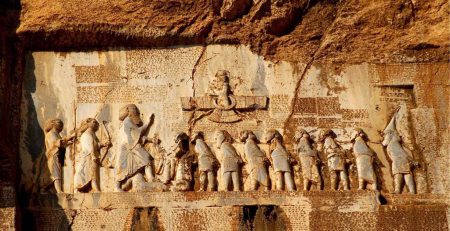
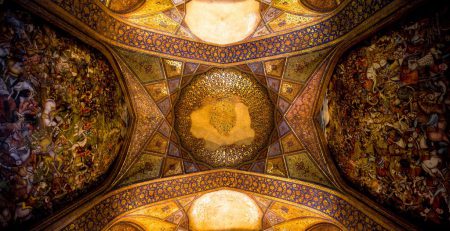
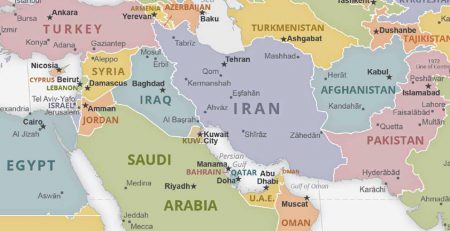
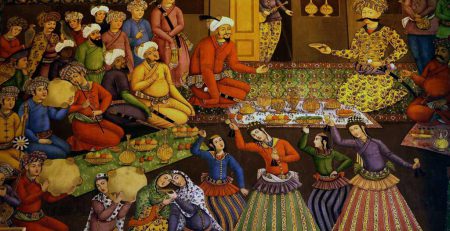
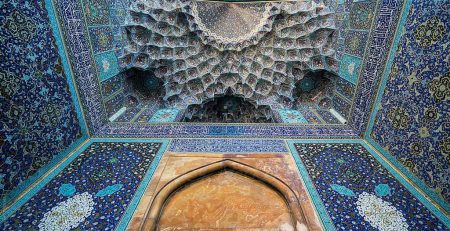
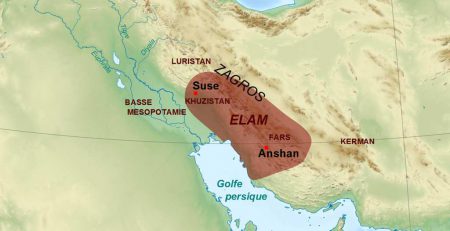
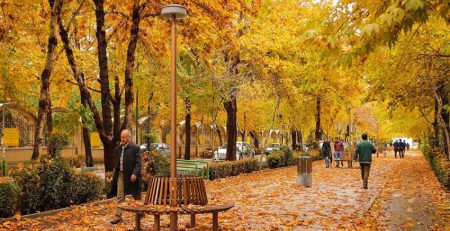
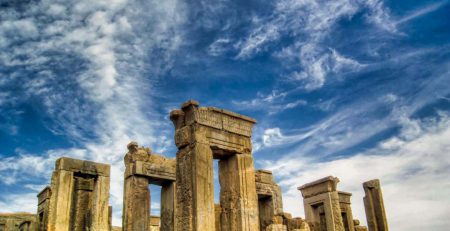
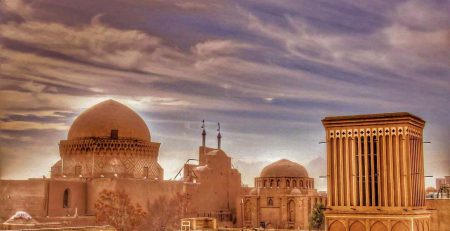
Leave a Reply